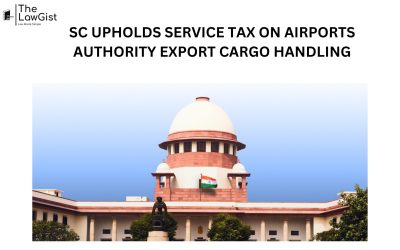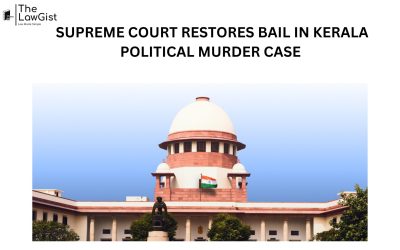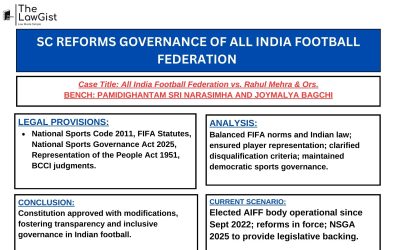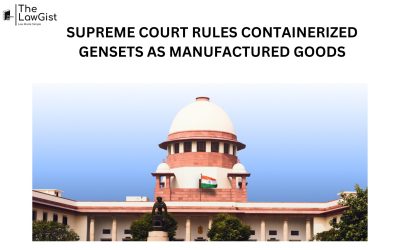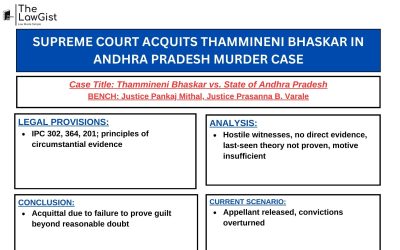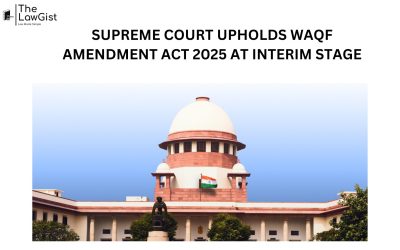
Key insights from the Supreme Court judgment on abetment of suicide and blackmail case.
SUPREME COURT VERDICT ON ABETMENT OF SUICIDE AND BLACKMAIL CASE
| ASPECTS | DETAILS |
| Case Title | Patel Babubhai Manohardas & Ors. vs. State of Gujarat (2025 INSC 322) |
| Introduction | The case involves an appeal against the conviction under Sections 306 and 114 of IPC for abetment of suicide. The appellants were sentenced to rigorous imprisonment for 5 years and fined Rs. 10,000 each. |
| Factual Background | Dashrathbhai Karsanbhai, a postal department employee, allegedly committed suicide due to blackmail by Geetaben and her family. A suicide note surfaced 20 days later, alleging harassment. The prosecution claimed that the accused blackmailed the deceased using compromising photographs and videos. |
| Legal Issues |
|
| Applicable Law |
|
| Analysis | The suicide note’s credibility was questionable as it surfaced after 20 days. No recovery of blackmail-related evidence like photographs or money was made. Testimonies of witnesses, including PW-7 (hostile witness), had inconsistencies. The prosecution failed to establish proximate incitement to suicide. |
| Conclusion | The Supreme Court ruled that mere allegations of harassment without direct incitement do not amount to abetment of suicide. The conviction was overturned, and the accused were acquitted. |
| Current Scenario | The accused are already on bail, and their bail bonds stand discharged. The Supreme Court has set aside the previous convictions. |
CASE SUMMARY – In this case, the alleged abetment of suicide of Dashrathbhai Karsanbhai by Patel Babubhai Manohardas & Ors. due to blackmail. The trial court convicted the accused under Sections 306 and 114 IPC, and the High Court upheld the conviction. However, the Supreme Court found inconsistencies in witness statements and questioned the delayed discovery of the suicide note. It ruled that mere harassment does not constitute abetment unless there is direct instigation. The conviction was set aside, and the accused were acquitted as the prosecution failed to prove proximate incitement leading to suicide.
Mere allegations of harassment without direct incitement do not amount to abetment of suicide
SOURCE – SUPREME COURT OF INDIA


